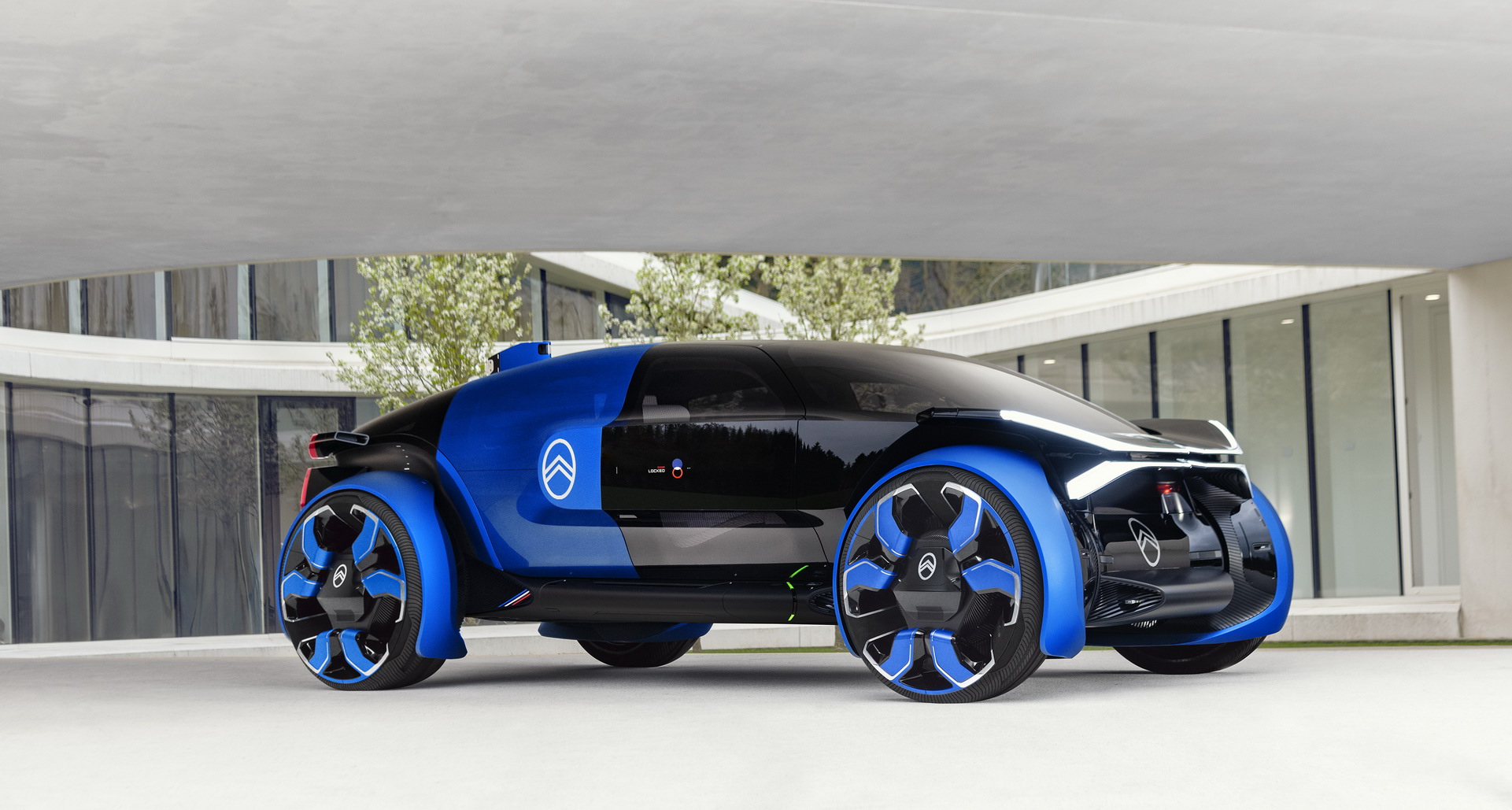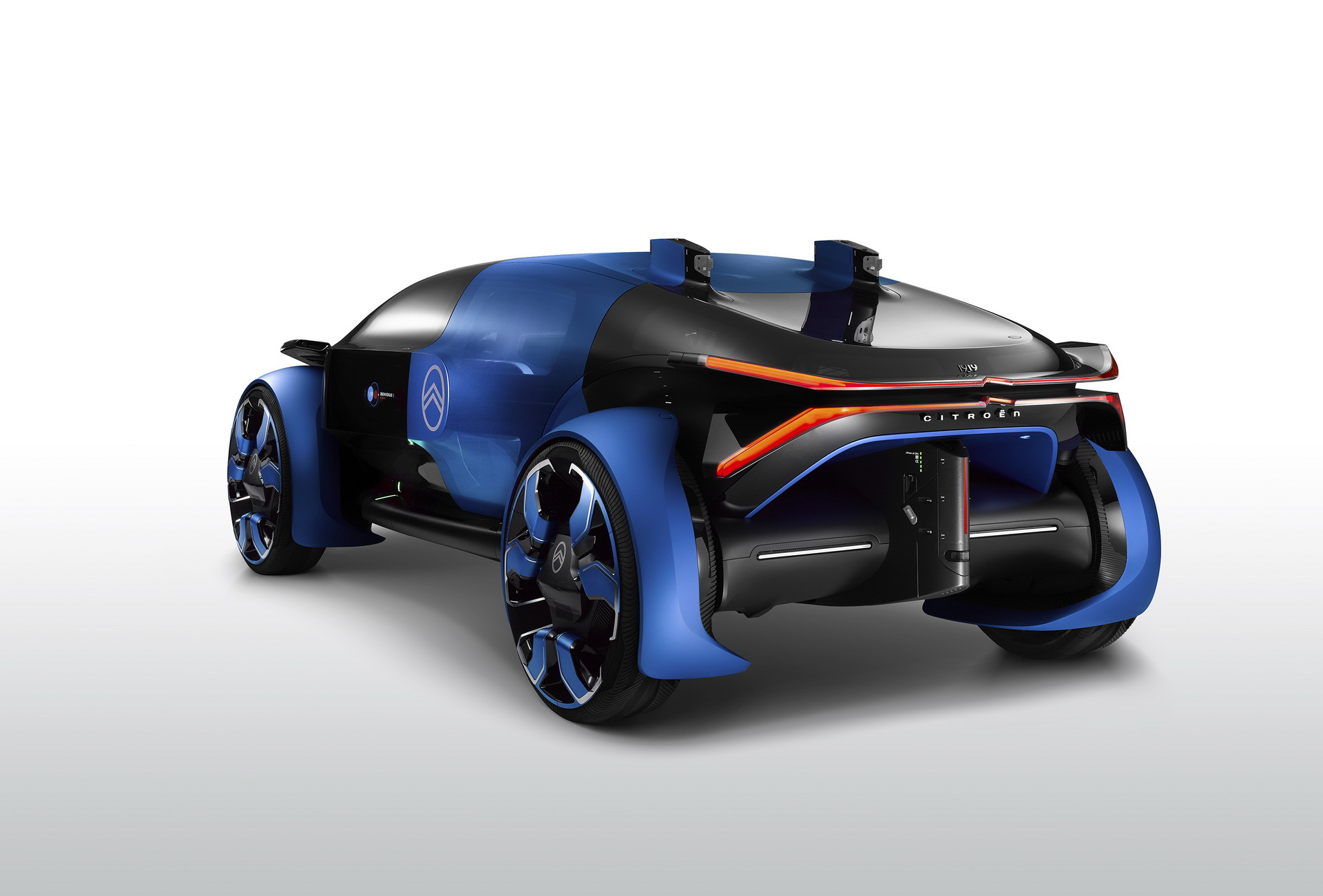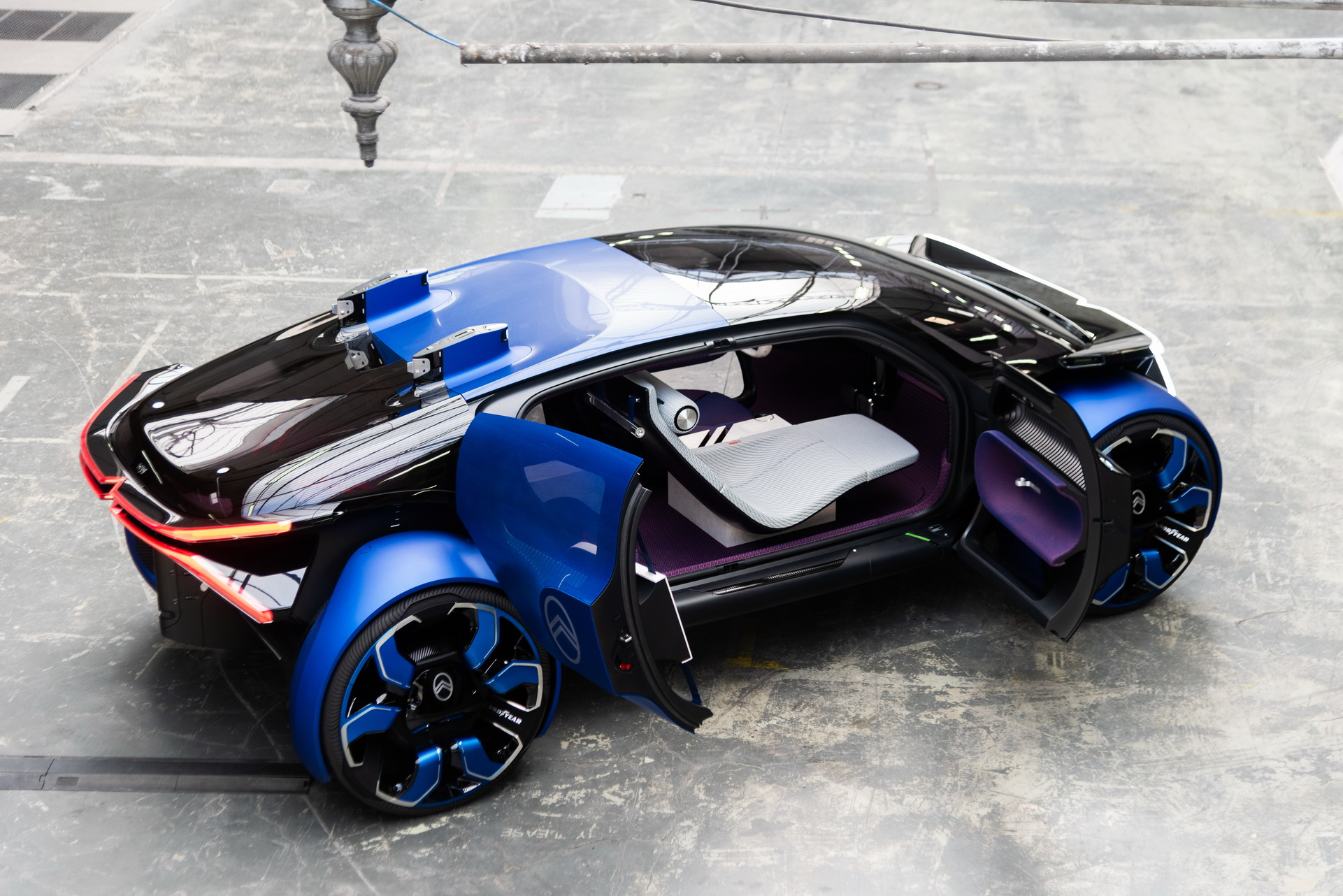Belgian-born Pierre Leclercq has been working as Citroen’s design chief since November, succeeding Alexandre Malval who went on to work for Daimler. Before Citroen, Leclercq lent his talents to Ford, BMW, Great Wall Motors in China and Kia.
Recently, the 46-year old spoke to Autonews Europe at the VivaTech technology show in Paris regarding his vision for the French automaker, the newly-unveiled 19_19 concept, the Ami One concept and more
When asked why he chose to show off the 19_19 concept at VivaTech instead of a traditional car show, Leclercq said that it was a matter of finding the right fit.
“Viva Tech seems to be right for this car. It’s not only about design – it’s about a vision for the company. In the car industry, we’re facing big decisions because of new technologies that might change the industry completely. We will create amazing services, solve problems for people, give you the possibility of using hours lost in traffic every day for something else. And we will still make exciting, emotional cars. I truly believe this.”
He went on to say that both the 19_19 concept and the Ami One concept express Citroen’s values in a way that hasn’t changed over the years – specifically the way the brand has always been able to create polar opposite models, where in one corner you have popularity, and in the other exclusivity.
Also read: Citroen Ami One Concept Is An All-Electric ForTwo Rival
When asked why mechanical components have been emphasized (like the way passengers can see the road through the lower part of the 19_19 doors), the Citroen exec had this to say:
“It’s much more interesting to me to show the details of technology. If you have to have radar on the roof — don’t try to hide them, or raise the roof, make the roof the way you want it, as dynamic as possible, and turn the radar into a beautiful detail.”
Leclercq also touched on the importance of global products and Citroen’s upcoming car for India, saying that it was created with Indian engineers and modelers, but that it still features a global identity.
“Of course, if we have strong negative feedback from Indian customers we’ll correct certain things, but it’s important to make global cars.”
Finally, the exec spoke about autonomous technology and electrification, saying that automakers are at a crucial point where they need to make key decisions about future designs.
“There are two ways to think about autonomous driving. In the first, you have an ecosystem that doesn’t really change. Basically, you are lifting your hands off the steering wheel. Maybe at the most extreme you go in the back and watch a movie. It’s interesting but doesn’t really change the design so much. Now if you think about something that was never meant to have a steering wheel — a robot, that is — then you could create something completely different. We’re at a point where every company has to make decisions about the future. For me, that’s super-exciting because there are so many possibilities to create a revolution in the car industry.”






